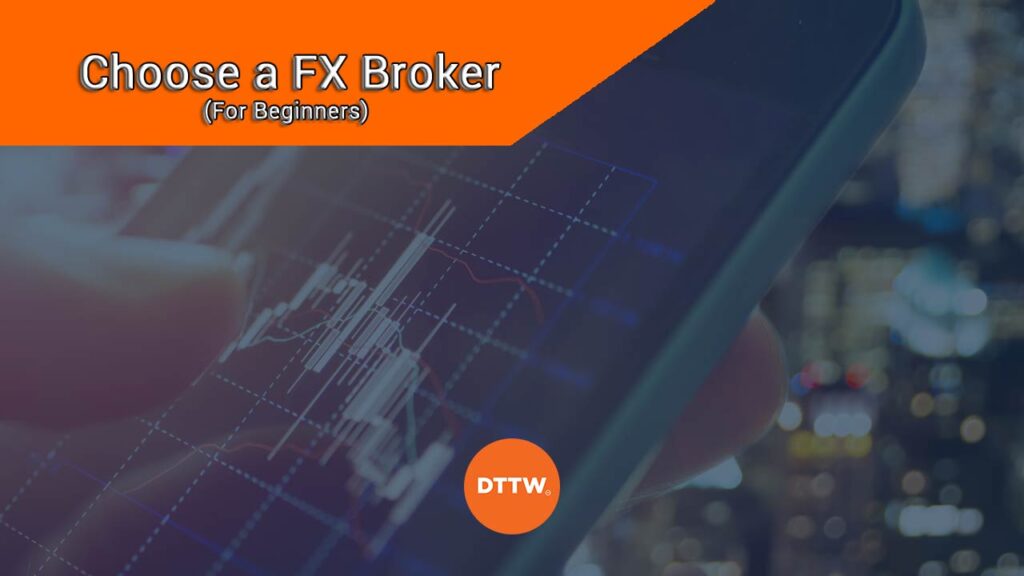Choosing a broker or brokerage business that is registered with the appropriate regulatory organizations is a must for beginning to trade foreign exchange, often known as the Forex. The consequences might be grave if you don’t.
Check to see whether your broker is providing you with enough help. A minimum of 24-hour phone and email assistance is required. Then see how fast you can answer questions regarding their service. This will give you a decent idea of whether or not their assistance is adequate if you ever need it.
If a company’s quality has deteriorated after you opened an account, this may not be the best method to tell.
If you want to use your computer to trade foreign currency, check sure your broker has online trading options. Having access to real-time Forex quotations is essential.
If you don’t know what you’ll be paying when you initiate a transaction, it won’t be of any use to you. If the quotation on your broker’s website for a deal is 30 minutes out of date, it will be of no use to you.
Make sure you can see your own account in real-time, as well as any utilized and unused margins that you have.
Access to the internet is divided into two categories: Each has its own set of positive and negative attributes. Your broker’s website hosts the first piece of software you’ll need: the web platform. You may access your account from any computer with an Internet connection using this sort of software.
Table of Contents
How To Choose The Forex Broker
It is difficult to choose a good Forex broker because of the wide selection traders have to choose from.
Individuals’ degree of expertise, trading style, and anticipated trading volume all go into determining which sort of account they should open.
Professional accounts, for example, often have higher maximum leverage limitations, but they must be opened by traders with substantial skill and experience. Investors’ interests are the primary focus of regulatory efforts. However, foreign currency restrictions vary greatly from one country to another.
For various sorts of traders, a decent broker Forex trading will provide numerous account types. In the first place, the broker will conduct a short quiz to determine whether or not the client is skilled enough to trade large amounts of money with more leverage on a professional basis. These accounts have greater minimum deposits and larger trading lots.
Mini and micro trading accounts are available to novices in the Forex market, which means that they may become involved in the market with a very little initial deposit. The ECN account is the most famous illustration of how accounts may vary based on the kind of order execution.
» Related: How to Become a Successful Trader Starting Small
A demo account is frequently offered by brokers so that customers may get a feel for their trading platform. Since virtual credits are used instead of real money, they are a great way to test out new methods.
It is also worth mentioning that with the use of demo trading Forex traders can get the most out of their trading strategy, learn more about the FX processes and the way it works.
What To Consider
There are varying leverage limitations available to every Forex trader, depending on where they live and the broker they use. From a ratio of 2:1 to a ratio of 1000:1, the range of possible leverage is wide.
You may think of leverage as your broker giving you a loan. A very modest initial commitment enables you to trade large quantities. Let’s take a look at a 50:1 leverage for a moment. Leverage of 50:1 allows you to increase the number of your transactions from $1,000 to $50,000 with only $1,000 in your account.
Use leverage with care, since it may be dangerous. While it has the ability to greatly increase your earnings from a modest investment, it also has the potential to cause your losses to grow much beyond your balance.
Leverage limitations should match the number of trades you want to make. Many professional traders choose to work with brokers that have larger leverage limits. It is suggested that retail consumers keep their leverage at a lower level.
Spread and commissions
Next up are spreads and commissions. The spreads and fees incorporated into the bid/ask prices are the primary sources of profit for all brokers. There are certain companies that do not charge any fees at all but instead rely on higher spreads to compensate.
For day traders and individuals who make market orders, order execution speed is of the utmost significance. Filling orders quickly and at the best feasible price is of greatest significance to the success of your brokerage.
You may lose out on a transaction if your broker takes too long to process your order, causing the price to fluctuate a few pips. Orders at the finest Forex brokers may be completed in as little as 0.001 seconds.
When it comes to Forex trading, most of the activity takes place on the trading platforms provided by the brokerages. If you’re looking for a Forex broker, be sure to verify the platform’s capabilities.





